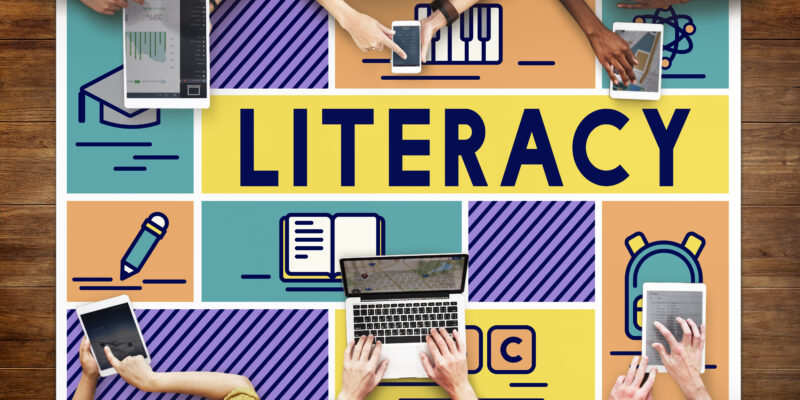Media literacy: new toolkit for teachers and students

The Austrian and German Press Councils release today their Media Literacy Toolkit for teachers and students which consist of six case studies and roleplay exercises identified by European Press Councils from Austria, Belgium, Switzerland, Finland and Germany.
Media literacy is more important than ever for today’s youth in this age of disinformation. The future citizens must be taught how to navigate the modern news landscape. Young people also need to be helped to have the critical literacy skills needed to identify a credible news story.
The case studies of the Media Literacy Toolkit deal with various ethical problems in the context of privacy, human dignity and discrimination and are related to topics affecting young people.
With this toolkit, professors will be able to organise role-playing exercises with their students on given case studies to prepare proceedings of a fictitious Press Council.
The Toolkit objectives are to:
- Strengthen student’s media literacy
- Allow students to understand the relevance of independent media and self-regulation for a democratic society
- Raise students awareness of the significance of freedom of the press and of the responsibilities of journalists towards individuals and groups of society mentioned in their coverage
- Familiarise students with good standards for journalism
- Encourage student sensitivity for issues on discrimination
- Allow students to distinguish information from a trustful or untrustful source
- Enhance student communication and presentation skills
The Toolkit is available in English and restricted to teachers only.
To get your access, please send an e-mail to: info@presserat.at
In addition, two explanation videos are made available as part of the toolkit.
One video focuses on media discrimination of vulnerable groups of society:
The second video offers reflections and advises on reporting suicides:
This toolkit is aimed to support the work of media councils in adapting to the digital age. It was produced in the framework of the pilot project “Media Councils in the Digital Age”, funded by the European Commission (DG CONNECT) and led by a European consortium bringing together several European press councils – Austria (OP), Germany (TDP), Ireland (PCI), Belgium (RVDJ and CDJ), Finland (JSN) -, two universities (ULB in Belgium and Ramon LLull-Blanquerna in Spain) and the European Federation of Journalists (EFJ). The involved press councils are part of the Alliance of Independent Press Councils of Europe (AIPCE).
More about our Media Literacy Toolkit:






